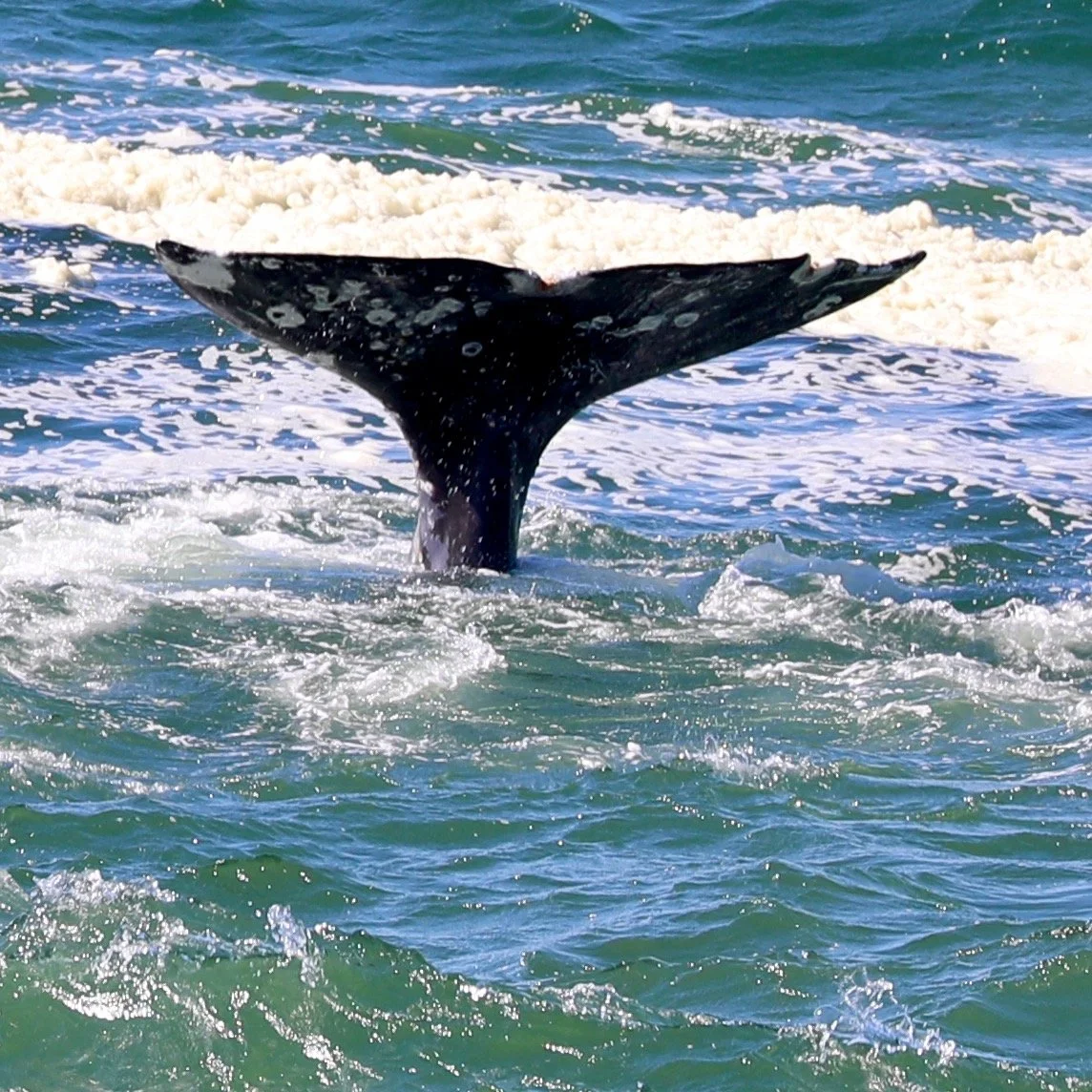Tune in for a pod-cast
The Oregon Coast attracts many visitors, largely due to the beauty of our flora and fauna. It also attracts people who seek to protect and preserve these things.
The Cape Perpetua Collaborative is offering front-row seats to some of the research being done by scientists, students and naturalists through a series of free, and virtual, talks.
On Saturday, March 5, Lisa Hildebrand presents “Kelp to whales: evidence for a bottom-up trophic cascade.”
Kelp forests are dynamic ecosystems that provide crucial habitat for myriad species across all trophic levels of coastal food webs.
Gray whales on the Oregon Coast forage heavily in kelp-dominated reefs, where high abundances of their zooplankton prey are found. However, kelp forests have been declining in areas along the US West Coast, coinciding with increases in purple sea urchin populations.
Are these changes happening on the Oregon Coast and are higher trophic levels, like Gray whales, affected? Hildebrand, a fourth-year graduate student in the Geospatial Ecology of Marine Megafauna lab, will discuss and present some of the research of a team of OSU researchers seeking to answer these questions.
The presentation begins via Zoom at 10 am.
On Tuesday, March 8, as part of the Young Scientist Webinar Series, Clara Bird, a third-year Wildlife Science PhD student at OSU, will present “Individual behavioral specializations in Gray whales documented through drone-based observation.”
A research team at OSU has been studying Gray whales foraging near Newport since 2016, using a variety of tools including drones. The drone footage provides a new perspective that lets researchers identify the specific foraging tactics being used. Combined with photo ID, this data can be used to study the degree of individual behavioral specialization within the study group.
Understanding if certain individuals prefer specific tactics and working to assess why some may be specialists can inform effective management regarding a population’s resilience to environmental change and disturbance events.
The Young Scientist Webinar Series begins via Zoom at 5:30 pm.
For more information, go to capeperpetuacollaborative.org.

